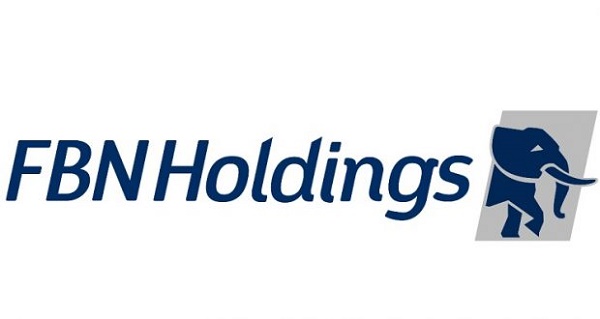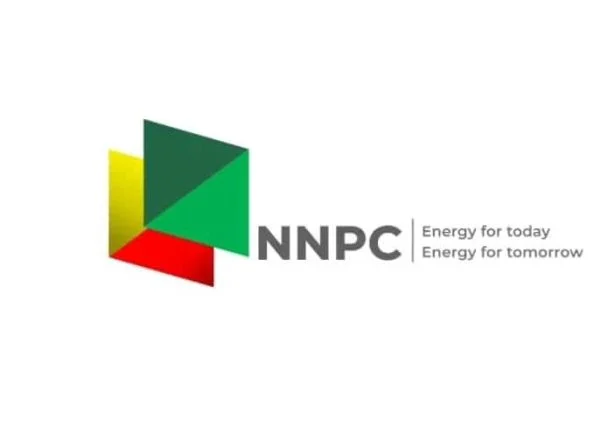Assessing FBN Holdings: Is it Undervalued and Worth Holding?

The significant performance of First Bank Nigeria Holdings on the NGX has been impressive.
In 2023, FBNH provided investors with a total return, comprising capital gain and dividend
yield, of 118%, though slightly below the banking sector's average total return of 133%.
However, as of the current year, 2024, FBNH has outperformed the sector. As of the last
trading day, Friday, March 15, 2024, FBNH closed at N37.00 per share, marking a notable
5.7% gain over its previous closing price of N35.00.
Starting the year with a share price of N23.55, the stock has surged by an impressive 57.1%,
significantly surpassing the ASI YtD return of 40.54%
This performance ranks FBNH at the forefront in the banking sector and at the 11th position
on the NGX in terms of year-to-date performance, indicating the market's strong confidence in
the company's outlook and growth trajectory.
This sentiment is further evident in its twelve-month trailing price-to-earnings ratio of 4.5x,
which surpasses the sector's average ratio of 3.3x.
In simple terms, this means that investors see FBNH as a promising investment, so
they are willing to pay a bit more for each unit of earnings it generates because they believe it
has better growth potential or prospects compared to some other banks in the sector.
FBNH's higher price-to-earnings ratio, indicating investors are willing to pay more for each unit
of earnings, is further supported by its earnings yield of 22%.
This means that FBNH's earnings represent a higher percentage of its stock price compared
to the sector average earning yield of 16%. Also, the earnings yield surpasses the yield of
Nigeria's 10-year government bond, which stood at 18.4% on March 8, 2024.
Moreover, considering the bank's most recent quarter price-to-book ratio and trailing twelve-
month price-to-sales ratio both below 1, suggests that FBNH stock is trading at a discount
relative to its book value and revenue.
These metrics further support the idea that investors are finding more value in FBNH's stock
indicating a preference for potentially higher returns offered by the company's financial
performance and growth prospects.
Recently, FBN Holdings unveiled its 2023 results, revealing a commendable performance
across key metrics.
According to the bank's unaudited Consolidated Financial Statements, profit after tax surged
to N309.9 billion from N136.31 billion in 2022, marking an impressive 127% year-on-year
growth.
This robust growth significantly exceeds the bank's five-year compound annual growth rate of
18.51%. Consequently, its trailing twelve-month earnings per share (EPS) increased to N8.26,
surpassing the banking sector's average EPS (TTM) of N7.53.
2
However, analysts predict a decline in EPS for the current year, with a projected forward
price-to-earnings (P/E) ratio of 8.3x.
The forecasted decline in EPS and the subsequent increase in the forward P/E ratio could be
influenced by anticipated changes in the bank's revenue streams, fluctuations in operating
expenses, shifts in market dynamics, regulatory changes or macroeconomics headwinds
expected to impact profitability.
A review of the bank’s unaudited 2023 financial statements shows that the bank experienced
notable growth in net interest income and net fees and commission income.
However, it incurred a significant FX loss of about N254 billion in Q4 alone, bringing the total
FX loss for the 2023 full year to N350 billion. Additionally, it recorded an impairment charge
for losses of N200.440 billion.
These losses would have decreased profitability below the reported figures. However, a non-
cash gain in Net gains/(losses) from financial instruments at fair value through profit or loss
surged by 1,663% YoY to N681.24 billion.
This surge played a significant role in driving the 127% YoY growth in Profit After Tax (PAT).
Albeit, achieving a PAT of N309 billion and experiencing growth of 127% above the 5-year
average growth rate is splendid for FBN Holdings (FBNH).
The company has clearly outperformed sector averages and demonstrated robust growth.
This suggests that investors recognize the company's potential and may perceive it as
undervalued relative to its performance.
Nevertheless, it's imperative for FBN Holdings (FBNH) to consider reassessing its dividend
payout strategy.
Currently, the company's dividend payout lags that of other tier-1 banks and falls below the
sector’s average dividend payouts.
Enhancing its dividend policy could bolster the company's total return, a factor that holds
utmost importance for investors and shareholders.
Overall, it is essential that investors should conduct thorough research and consider other
factors before making investment decisions.







